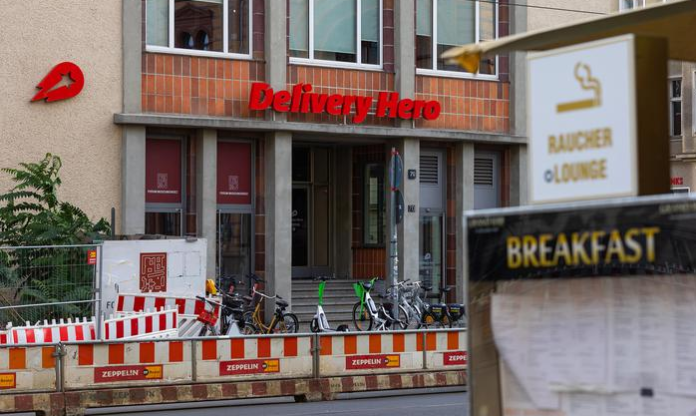The European Commission levied a total fine of €329 million against online food delivery giant Delivery Hero and its Spanish subsidiary Glovo for operating an illegal cartel prior to their 2022 merger, according to Politico.
The penalty marks the EU’s first enforcement action targeting “no-poach” agreements that restrict competition for employees. According to EU regulators, Germany-based Delivery Hero abused its minority stake in Glovo—acquired in July 2018—to orchestrate a four-year scheme involving systematic sharing of sensitive commercial data.
The companies exchanged confidential details on pricing, business strategies, costs, and market expansion plans, while coordinating efforts to divide national markets across Europe. This collaboration, described by a Commission official as a “WhatsApp cartel”, began shortly after Delivery Hero’s initial investment and intensified until the parent company secured full control in July 2022.
Critically, the cartel included agreements not to recruit each other’s employees—initially targeting managerial staff before expanding to all white-collar roles, though excluding delivery riders classified as self-employed. EU Competition Commissioner Teresa Ribera emphasised the precedent-setting nature of this ruling.
Both firms admitted wrongdoing and settled the case, receiving a 10% fine reduction. Delivery Hero faces a €223 million penalty, while Glovo must pay €106 million.
The violations distorted labour mobility and suppressed innovation in Europe’s €150 billion food delivery sector. Delivery Hero acknowledged the settlement, noting the fine was 20% lower than its earlier provision due to the Commission recognising “a lower intensity of the issues investigated for some periods.”
The ruling signals the EU’s expanding antitrust focus beyond consumer pricing to include labour market collusion. It coincides with global regulatory scrutiny of gig-economy practices, though this case specifically addressed corporate-level hiring restraints rather than rider classification.
